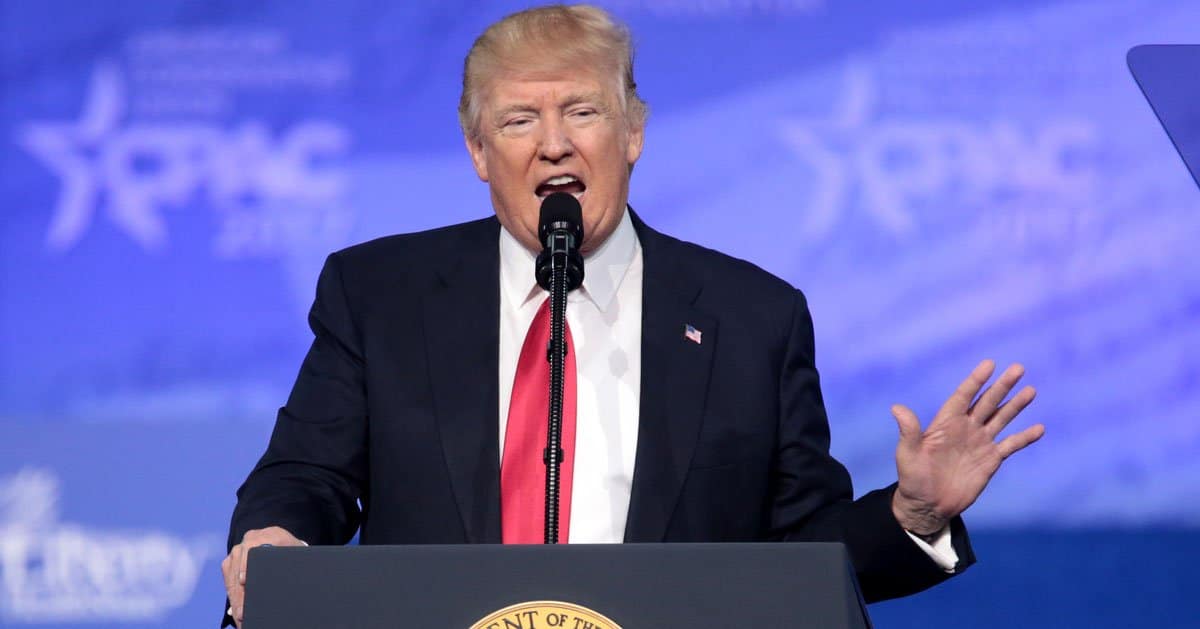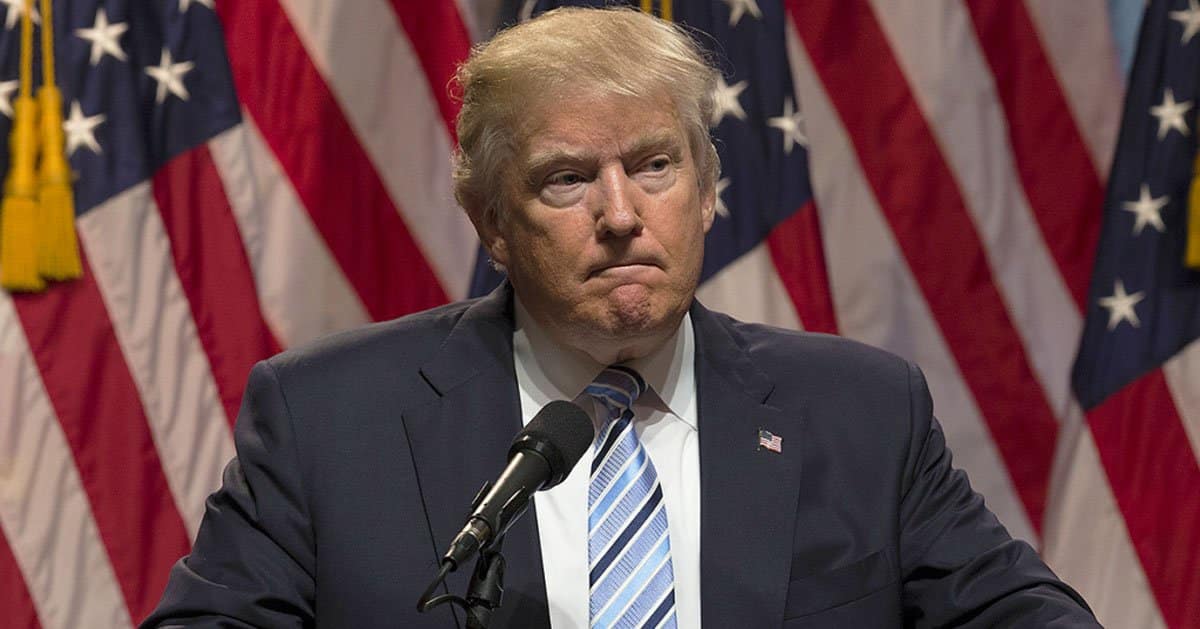








President Donald Trump is shaking up the pharmaceutical world with a bold “most favored nation” pricing plan that’s already outlasted its own deadline.
The Washington Examiner reported that negotiations between the Trump administration and major drug companies to align U.S. prescription costs with those of other developed nations are still in full swing, even though the deadline Trump set for 17 pharmaceutical giants to voluntarily adopt this policy has come and gone.
This push for fairness in drug pricing stems from a letter Trump sent to these companies earlier this summer, demanding they offer “most favored nation” (MFN) prices to Medicaid patients, hike international prices to offset U.S. reductions, and provide direct-to-consumer purchasing options at MFN rates.
It’s a tall order, and the administration isn’t backing down, even as the clock has ticked past the finish line. A White House fact sheet also revealed a jaw-dropping disparity: Americans pay triple for brand-name drugs compared to folks in other developed countries, despite the U.S. representing less than 5% of the world’s population but 75% of global pharma profits.
Some companies are stepping up to the plate, albeit on their own terms, while others are still hashing out details with the administration.
Eli Lilly, for instance, has pledged to raise prices in European markets to lower costs stateside—a move that flips the script on the usual “blame America first” narrative from progressive circles.
Bristol Myers Squibb also announced plans to match U.S. and U.K. prices for its new schizophrenia medication, showing at least a nod toward Trump’s vision.
Meanwhile, two unnamed companies have rolled out direct-to-consumer price cuts for patients, insured or not, in what looks like a last-ditch effort to meet the missed deadline.
Sanofi, based in France, took a concrete step by offering a 30-day supply of any insulin product for just $35 to U.S. patients with a valid prescription.
Adam Cluck, Sanofi’s head of U.S. corporate affairs, claimed this “builds on an idea first championed by President Trump to lower costs for American patients at the pharmacy counter.” Nice words, but let’s see if this is a genuine policy shift or just a PR bandage for a deeper pricing wound.
Novartis, a Swiss drugmaker, jumped in with a direct-to-patient platform for Cosentyx, a treatment for psoriasis and other inflammatory conditions. It’s a small victory for patients, though one wonders if these gestures are enough to tackle the systemic gouging that the White House fact sheet exposed.
Gilead, out of Foster City, California, issued a statement touting its massive U.S.-based investments and workforce of over 10,800 in research and development.
They’re “actively engaging” on solutions like direct-to-patient offerings, but stopped short of confirming any price drops. Sounds like a polite dodge—commitment without the receipts.
Several other companies confirmed to the Washington Examiner that they’re still in active talks with the administration over pricing policies. It’s clear the pressure is on, and while Trump’s deadline may have been more of a suggestion than a hard line, the message is resonating: American patients deserve a fair shake.
Behind the scenes, the administration is laying the groundwork for broader reform, as evidenced by a recent notice on a government regulatory website about the “Global Benchmark for Efficient Drug Pricing (GLOBE) model” under the Centers for Medicare & Medicaid Services (CMS).
Details are scarce, with the policy still in “regulatory review,” but the intent to benchmark U.S. prices globally is unmistakable. Two unnamed pharmaceutical lobbyists suggested to Reuters that this new rule might echo a 2020 Trump-era policy to cap prices on the 50 priciest Medicare Part B drugs to match the lowest rates in peer countries.
That earlier attempt was shot down by the courts, a reminder that good ideas often face a gauntlet of legal and bureaucratic red tape.
CMS Administrator Mehmet Oz and FDA Commissioner Marty Makary previously penned an op-ed in the Wall Street Journal, emphasizing voluntary corporate commitments as a key pillar of the “Make America Healthy Again” agenda.
It’s a refreshing departure from the heavy-handed mandates favored by some on the left, though skeptics might question if voluntary promises will hold up under profit-driven pressures.
Despite the flurry of announcements and ongoing talks, not everyone is ready to toast to success just yet. The White House, Novartis, Sanofi, and CMS all declined to comment on the negotiations or proposed policies when approached by the Washington Examiner, leaving more questions than answers about the road ahead.
Trump’s MFN initiative is a gutsy move to put American patients first, countering the globalist tendency to let other nations freeload off U.S. innovation while we foot the bill. But with court battles looming over past policies and some companies dragging their feet, this fight is far from over.



